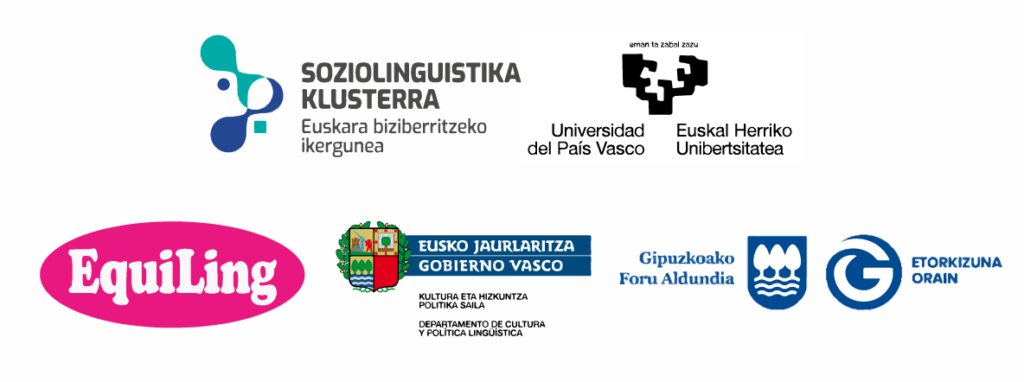Clubs are grounded realities, forming part of a city, town or neighbourhood. And some even have international standing within their sport, feeling themselves to be part of a wider culture. Proof of this is rugby: wherever you are, the rugby atmosphere will capture you.
History recalls these connections with their surrounding environment but, through all the changes, they also form part of the present. Clubs dialogue with the associations in their city, town or neighbourhood, talking about sport, economics, identity or social concerns. And these links make their mark everywhere: in the name of the team, in its crest, in the club colours, in anthems, chants and slogans. The context has its own space within these small cultures.
In this way, clubs create a link between sport, leisure and society, and this link constitutes a network in which supporters, institutions, associations, businesses and the public take part. In some cases these networks also include other clubs. An example of this would be the third half in rugby, or relations between small clubs and bigger ones.
The stimulus for some is to work for their home town, to build it up. Narratives talk about mutual aid, commitment to their surroundings or (once again) reciprocity. Some clubs are recognised as a point of reference in their environment, and with this comes responsibility. Clubs show that sport has the power to influence society, proving that sport is not just sport, but a way of caring not just for the individual body but the collective one (society) as well.

